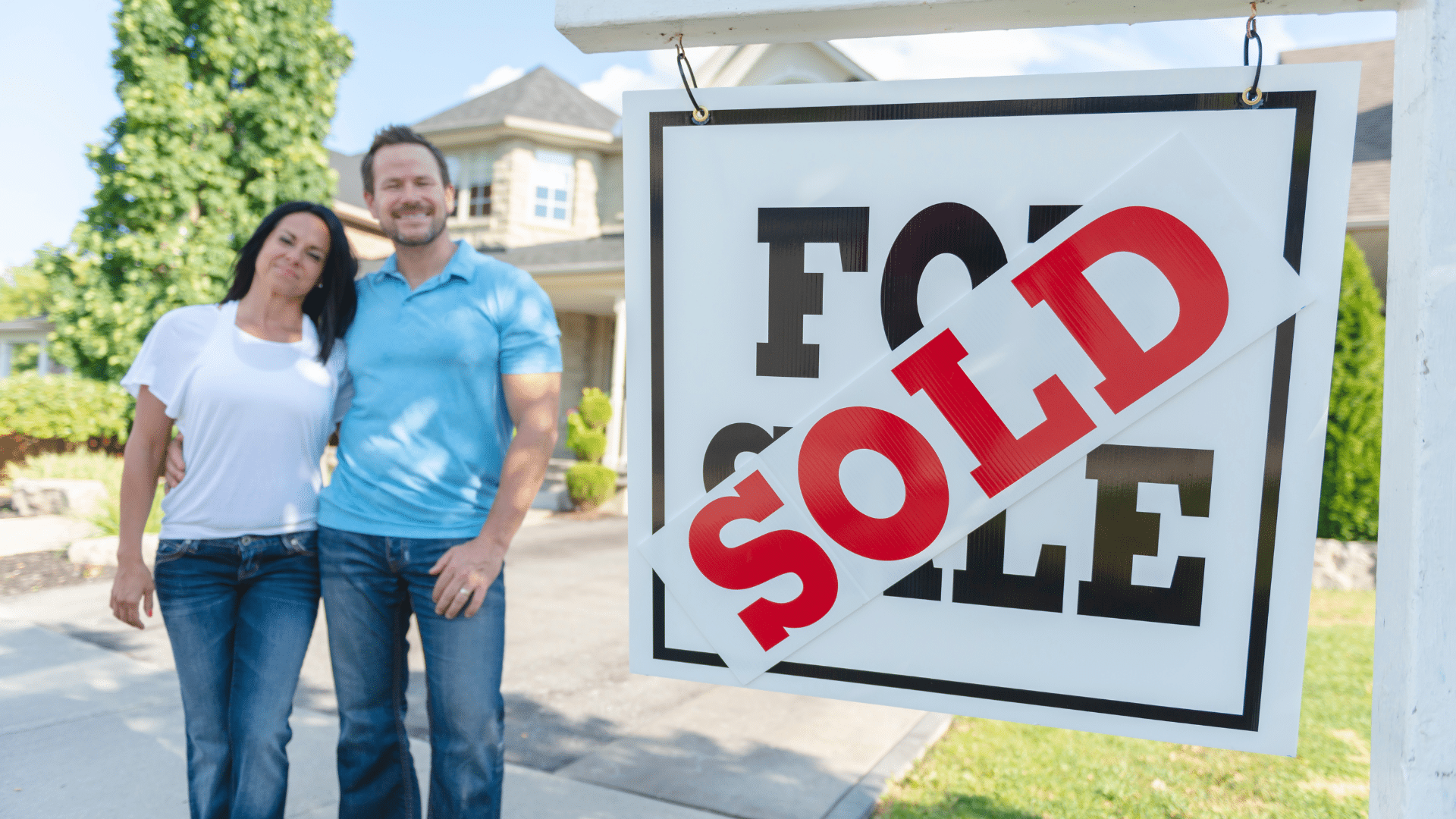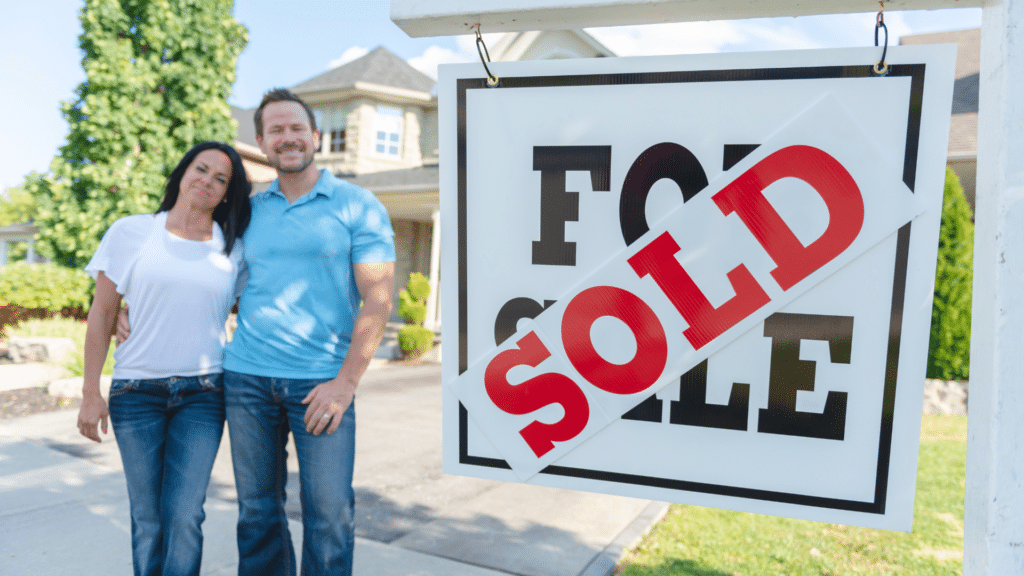

Buying a home isn’t as simple as submitting a down payment, signing some papers, and being on your merry way. There are many extra fees that don’t normally come straight to your mind after signing off on your mortgage. Closing costs refer to the fees and expenses associated with the purchase or sale of a property. These costs are typically paid at the closing of a real estate transaction and can vary depending on the location, type of property, and other factors. To help you better understand what closing costs are and how they might impact your finances below is a quick rundown for you.
Land Transfer Tax:
The land transfer tax (LTT) is a tax imposed on the transfer of land or property from one party to another. The amount of land transfer tax payable is based on the purchase price or consideration for the property being transferred.
The typical cost of land transfer tax in Ontario you can expect to pay is:
- $1 – $55,000 = 0.5% LTT
- $55,001 – $250,000 = 1% LTT
- $250,001 – $400,000 = 1.5% LTT
- $400,001 & over= 2%
Legal Fees:
Legal fees are the expenses associated with hiring a lawyer to handle the paperwork and conduct a title search for your real estate purchase. The amount you’ll pay can vary depending on whether you choose a local lawyer or utilize an online legal service.
Other legal fees to consider:
- Attorney fees: If an attorney is involved in the transaction, their fees will be included.
- Escrow fees: Charged by the escrow company for handling and disbursing funds.
- Courier fees: Charges for transporting documents between parties involved.
Home Inspection:
A home inspection is a thorough evaluation of a residential property’s condition, typically conducted by a qualified professional known as a home inspector. The purpose of a home inspection is to assess the overall condition of the property and identify any existing or potential issues. On average, you can expect to pay between $300 and $500 for a standard home inspection in Ontario. However, note that this is just an approximate range, and actual prices may differ. Some factors that can influence the cost include the age of the property, additional services requested (such as radon testing or mold inspection), and any specific requirements or challenges associated with the property.
Title Insurance:
Conducting a title search is crucial to verify the legal status and history of a property, ensuring there are no potential issues with the deed. Typically, when you hire a real estate lawyer or notary to handle this process, the costs range between $100 and $300. This expense is essential for ensuring a smooth and legally sound transaction.
Title-related costs can include:
- Title search and title insurance: The cost of researching the property’s ownership history and protecting against any potential title issues.
- Lender’s title insurance: Protects the lender’s investment in case of any title problems.
- Owner’s title insurance: Protects the buyer’s investment in case of any title problems.
- Title company fees: Charges for conducting the closing and handling the transfer of funds.
Mortgage Insurance:
If your down payment is below 20% of the purchase price, you will be required to obtain mortgage insurance, such as CMHC (Canada Mortgage and Housing Corporation) insurance. Additionally, you may need to pay the provincial sales tax (PST) on the insurance upfront before finalizing the deal. The actual cost of mortgage insurance is typically included in your monthly mortgage payment, while the PST is an upfront tax payment that is commonly required.
Other loan-related costs may include:
- Loan origination fee: Charged by the lender for processing the loan application.
- Appraisal fee: Covers the cost of a professional assessment of the property’s value.
- Credit report fee: The cost of obtaining your credit report.
- Mortgage points: Optional fees are paid upfront to lower the interest rate on your mortgage.
Property Insurance:
Prior to closing your home purchase, it is essential to have insurance coverage in place to safeguard your property in case of any unforeseen events. The insurance policy should become effective the day before the home closing to avoid any gaps between the previous owners’ coverage and your own. The cost of insurance will depend on factors such as the property itself and the deductibles you choose, similar to how the cost of car or pet insurance can vary.
Prepaid Utility Bills:
In some cases, the previous owners of a property may have paid utility bills in advance for a period that extends beyond their ownership. As the new owner, you will be responsible for reimbursing them for the portion of the prepaid amount that covers the time you will own the house. For instance, if the previous owner paid a quarterly water bill that covers three months, but they move out at the end of the first month, you would be responsible for reimbursing them for the remaining two months of prepaid water service.
Property Taxes:
In certain situations, homeowners may choose to pay their property taxes quarterly or annually in advance to streamline the payment process. If this is the case, you will need to reimburse them for the amount they have already paid, which covers the period during which you will be responsible for the property taxes. For instance, let’s say the annual property tax is $1,500, and the previous owners have paid the taxes until December 31. However, you take possession of the house on July 1. In this scenario, you would need to reimburse them for six months’ worth of taxes. To calculate this, you can divide the annual tax amount by 12 ($1,500 / 12 = $125 per month) and then multiply it by the number of months you will own the house (6 months in this case). So, you would need to reimburse them $750.
Other prepaid expenses may include:
- Homeowners insurance: A portion of the annual insurance premium is paid upfront.
- Prepaid property taxes: Amount due for property taxes that have not yet been assessed.
- Prepaid mortgage interest: Interest accrued from the closing date to the end of the month.
Need help to calculate all your closing costs? Check out my free closing cost calculator HERE.
As you can see, there are several financial aspects to consider when preparing to buy a home, beyond just calculating your down payment and monthly mortgage payments. It is highly advisable to create a detailed budget in advance to determine the exact amount you need to save for your purchase and where you will keep that money leading up to the transaction. Responsible homeowners even plan for managing their payments in the months following the purchase as well.
If you would like to delve deeper into the financial aspects of securing the mortgage you need to buy your dream home and receive assistance in setting up a budget for your next real estate purchase, please feel free to reach out to me at 705-315-0516. I am not only your friendly neighborhood mortgage broker but also your financial partner, ready to help you through this process. If you’d like to book an appointment to get started, click here.